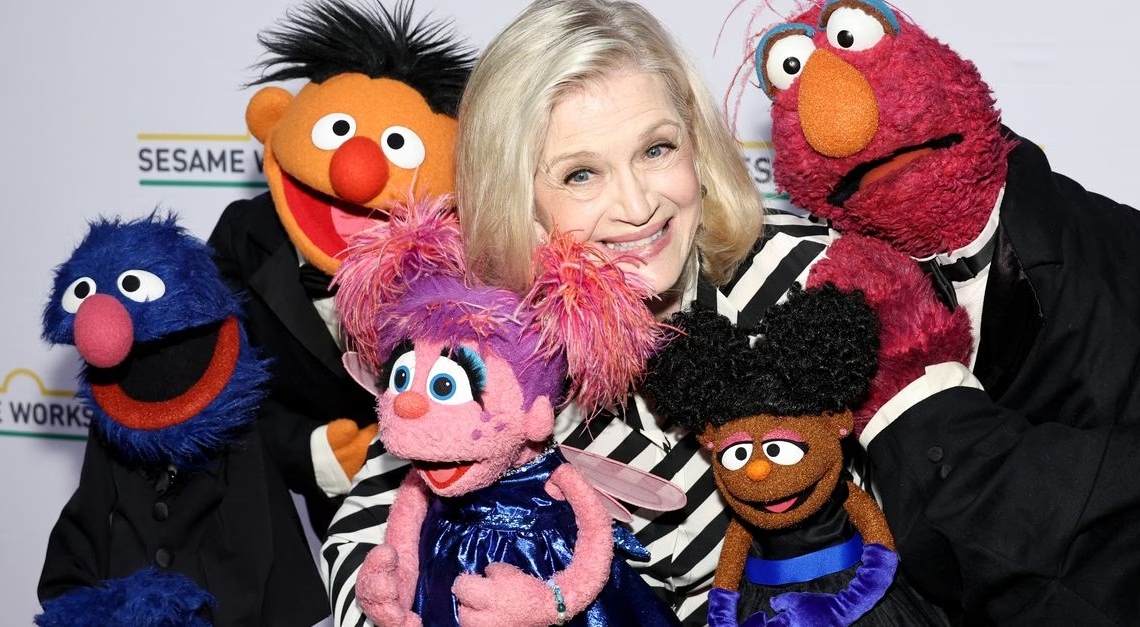At this phase of the doomscrolling era, chronically online folks are accustomed to catching a glimpse of news that’s even marginally concerning and reacting to it with fervor. That’s particularly true when it comes to headlines about a piece of pop culture from their childhood that might be in jeopardy. This week, it was “Sesame Street.”
Nearly a decade after relocating from PBS to HBO ― a controversial move that meant some kids were no longer able to access new episodes of the iconic children’s program, due to the shift from a free to a paid platform ― “Sesame Street” will once again be looking for a new home. Max, which has streamed the series since it moved off HBO in 2019, has decided not to renew its contract with the show beyond its 55th season, which premieres next month.
The platform will retain all “Sesame Street” episodes and programming through 2027 only.
In response, Dr. Cambria Nwosu posted on Threads: “As a mother and someone who grew up with Sesame Street, I’m deeply disappointed by this decision. Sesame Street isn’t just a show — it’s a lifeline for early education, teaching kids about kindness, diversity, and resilience.”
Comedian Paul F. Tompkins posted on Bluesky: “Imagine being the person who cancels Sesame Street and just living your life after that.” Meanwhile, another person posted on X: “I’m about to fall out into [the] abyss. They have canceled Sesame Street. Next will be the libraries. The poor children. Our future.”
If people really feel “Sesame Street” has such a crucial connection to children, this conversation might be 15 or 20 years too late. The series still indelibly enriches children from many backgrounds, and their families, with social, emotional and literacy skills, but Marilisa Jiménez García, associate professor of childhood studies at Rutgers University-Camden, told me that it lost a lot of appeal to its core audience years ago.
Part of that, the professor said, is because the show abandoned its mission statement. In 1969, “Sesame Street” was created largely as a way to help challenge the negative narrative about Black and brown people children in the wake of the civil rights movement, similar to the motivation behind Head Start years prior. “I was like, all these great minds are gonna get together and fix the problem of especially children of color lagging behind in schools because of what can be perceived as lower literacy rates,” Jiménez García said.
That…
Click Here to Read the Full Original Article at TV & Film…

